Frequently asked questions.
-
There are many things parties can do to prepare for mediation however, the most important is obtaining legal advice from a family lawyer. The ability to make informed decisions at mediation is crucial and there are a number of community based organisations that can provide this advice if you are not in a position to engage a solicitor privately.
Parties must also adopt an open and outcome focused mindset. Mediation frequently requires compromise and creative thinking. If a proposal has not worked in the past, it is unlikely to work at mediation.
Lastly, if you intend to put forward a proposal, have the information needed to help the other party consider that proposal. A simple example of this is if you intend to suggest that your child participates in a certain sport, make sure you are able to tell the other party what the expected costs are and when the training and game days are. Similarly, if you intend to suggest that a property be sold with a particular agent, make sure you know that agent’s fees and requirements.
-
The safety of each party and/or their children and property is our utmost priority. In many instances there are precautions that can be taken to ensure the safe and successful completion of mediation.
The mediator will consider the suitability of your matter for mediation and will ensure that any necessary precautions are taken.
We will not facilitate a mediation where doing so is not safe for all parties.
It is important that you raise any safety concerns you have with us as soon as possible.
-
The existence of a protection order (temporary or final) does not automatically make a matter unsuitable for mediation. It may be that mediation can take place with suitable precautions and in a way which also complies with the terms of any order in place.
It is important that you advise us of any protection order in place or historically in place as soon as possible.
-
In our experience, almost all matters are suitable for mediation. There are occasions where safety concerns or a power imbalance between parties may mean that mediation is not the best form of dispute resolution.
Our mediator will determine the suitability of your matter for mediation following the completion of your intake session. If your matter is unsuitable for mediation, we will issue any applicable certificates confirming that determination.
-
In most children related matters, parties are required to attempt family dispute resolution (a type of mediation), before seeking the assistance of the court, and must demonstrate their attempt to do so by providing the court a section 60I certificate.
The section 60I certificate must be issued by a family dispute resolution practitioner and must declare whether mediation was attempted and refused by party, attempted but unsuccessful or considered inappropriate.
-
An intake session will take place after all parties have agreed to participate in the mediation and a mediation date has been tentatively scheduled. The intake session is an important part of fhe mediation process and gives each party an opportunity to speak with the mediator one on one before the mediation takes place.
The intake gives the mediator an opportunity to obtain an understanding of the issues in dispute and each parties goals for the mediation. It is also gives parties a chance to raise questions or concerns with the mediator about the mediation process and their matter generally.
After the intake session has occurred, the mediator can determine whether the matter is suitable for mediation.
-
There is no hard and fast rule, however generally the cost of mediation is shared between the parties. It is also common for one party to agree to cover the cost of mediation or a greater portion or the costs.
-
Generally parties are seated and remain seated in separate rooms. There are occasions where being in the same room can be helpful however that would only occur with the consent and willingness of all parties.
-
It is common for parties to want to being a support person into the mediation with them. The attendance of a support person is however subject to the consent of all parties, including the mediator.
It is important that the integrity and confidentiality of the mediation process is maintained and that parties do everything they can to ensure the success of the mediation. It is important that you think about who that support person is and whether they would be a helpful presence on the day.
If you would like to have a support person attend mediation, please let us know as soon as possible.
-
It is hoped that by the end of the mediation an agreement will have been reached with respect to all issues. Parties may also reach an agreement on what is to happen in the immediate future whilst still working towards a resolution on longer term issues.
When agreements like this are reached, it is common for one or all parties to want to formalise the agreement in some manner.
There however is no requirement for any party to sign up any agreement. Prior to attending mediation, you should obtain legal advice as to how and when you should formalise any agreement you may reach at mediation.
